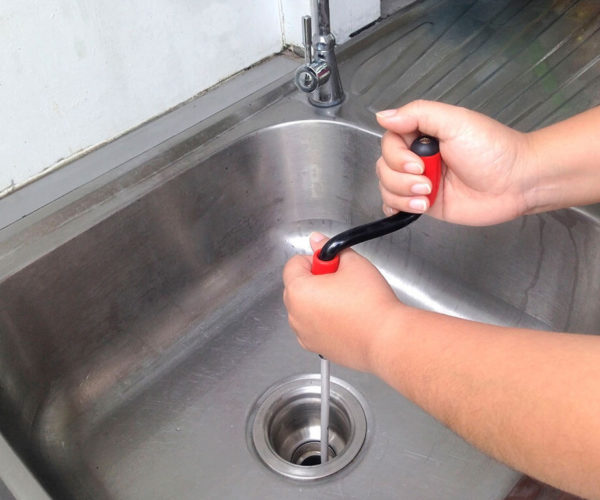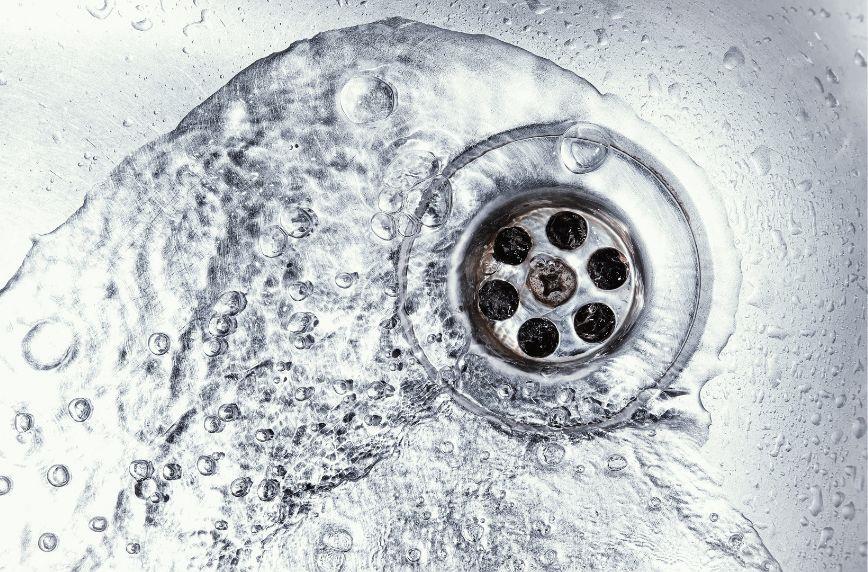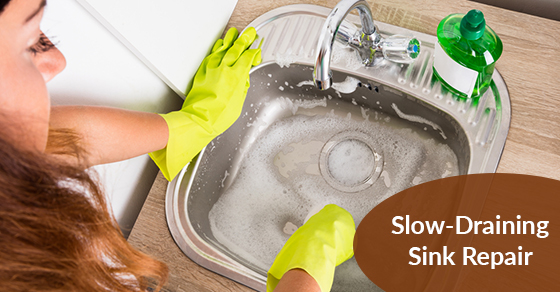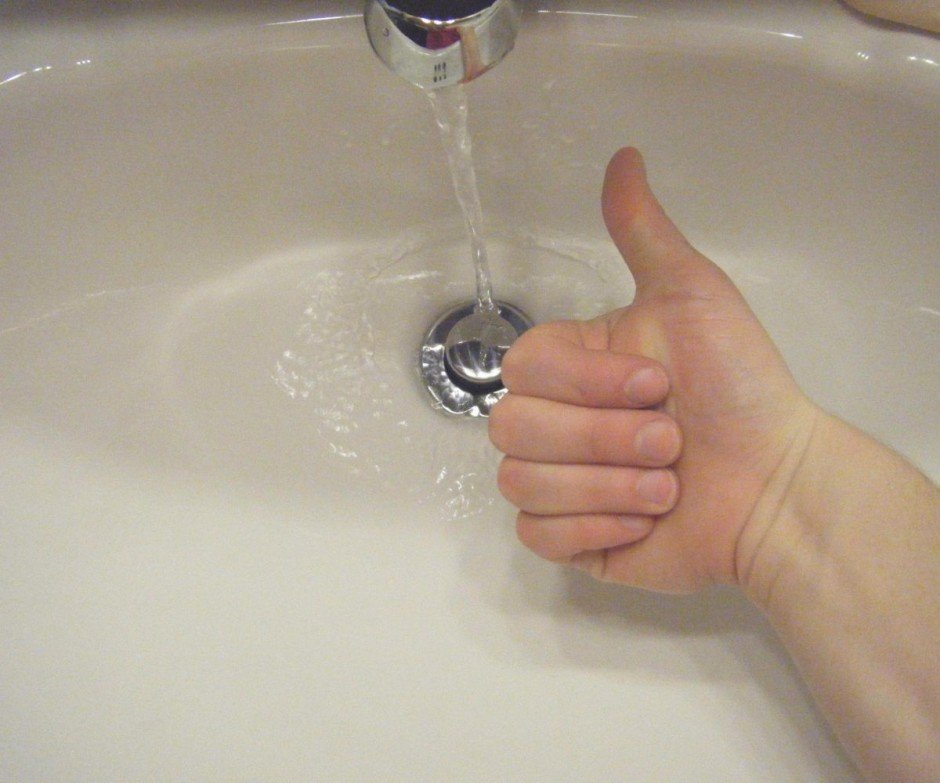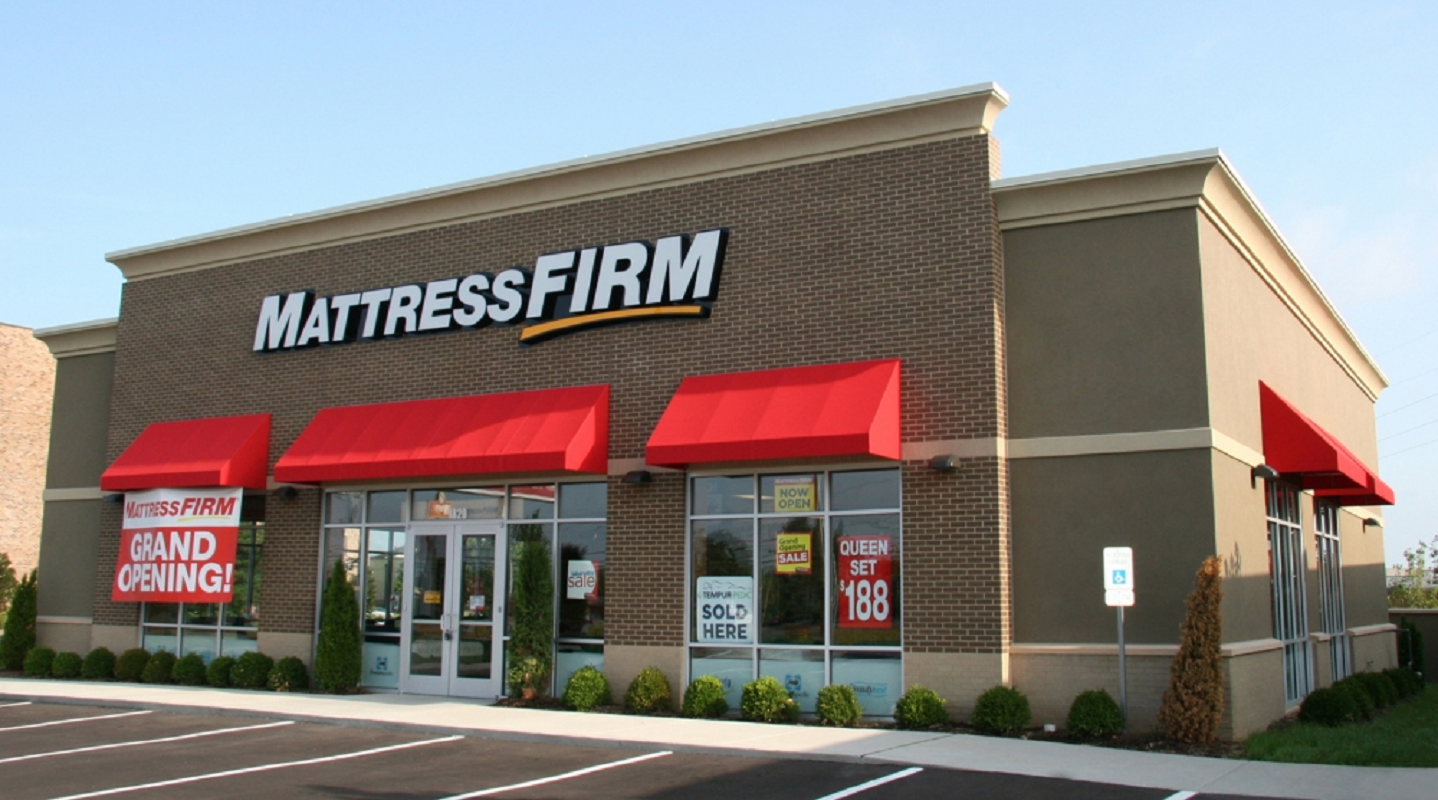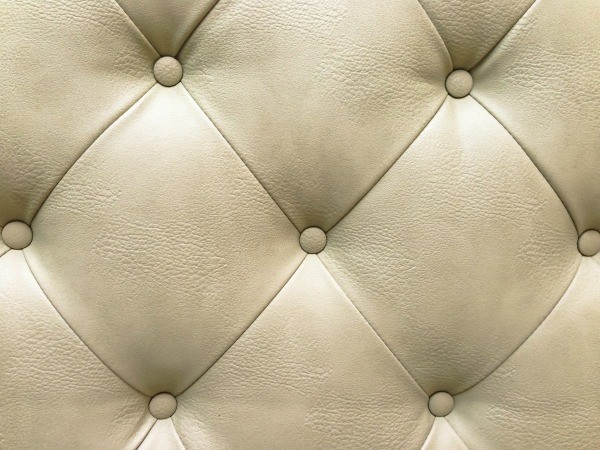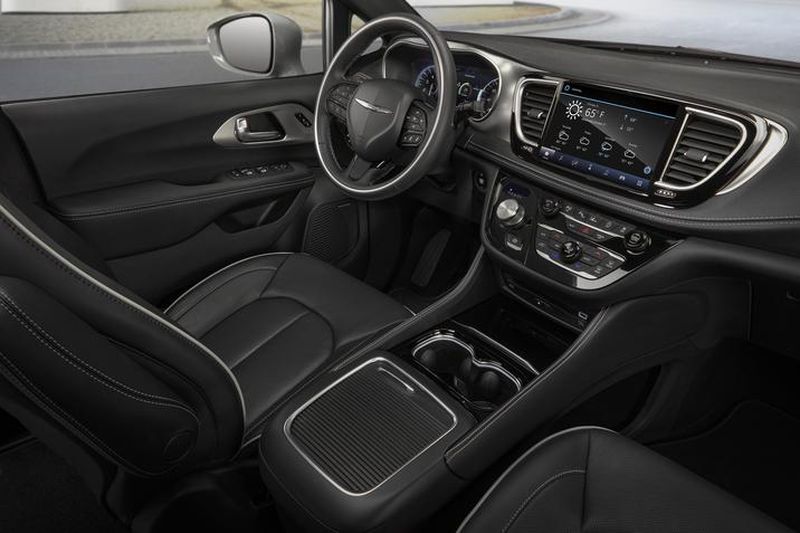1. Unclog a Kitchen Sink Drain
If you've noticed that your kitchen sink is draining slowly, it's time to take action. A clogged drain can be a major inconvenience, causing water to back up and potentially creating unpleasant odors. Fortunately, unclogging a kitchen sink drain is a relatively simple process that can be done with a few household items.
To start, try using a plunger to clear the clog. Fill the sink halfway with hot water and place the plunger over the drain, making sure there is a good seal. Pump the plunger up and down vigorously for a few minutes, then check to see if the water starts to drain. If the sink is still clogged, you may need to try a different method.
2. How to Fix a Slow Draining Kitchen Sink
If the plunger doesn't work, the next step is to try using a homemade drain cleaner. Mix together equal parts baking soda and white vinegar and pour it down the drain. Let it sit for about 15 minutes, then pour hot water down the drain to flush out the mixture. This can help break up any clogs and get your sink draining properly again.
If the clog is particularly stubborn, you may need to use a plumbing snake to remove it. Insert the snake into the drain and turn it clockwise, feeding it through the pipes until you feel resistance. Then, turn the snake counterclockwise to dislodge the clog and pull it out of the drain.
3. DIY Solutions for a Slow Draining Kitchen Sink
There are also a few DIY solutions you can try to prevent future clogs and keep your kitchen sink draining smoothly. One option is to pour boiling water down the drain once a week to help flush out any buildup. You can also try using a mixture of salt and hot water to clear out any grease or debris that may be causing the clog.
Another helpful tip is to install a mesh drain cover to catch any food scraps or debris before they have a chance to go down the drain. This can help prevent clogs and keep your sink draining quickly.
4. Troubleshooting Slow Draining Kitchen Sinks
If your kitchen sink is still draining slowly after trying these methods, there may be a more serious issue at hand. You may need to check the garbage disposal to make sure it is not clogged or damaged. You can also check the trap under the sink to see if there is any buildup or debris that needs to be removed.
If you have a septic system, it's possible that the drain field is clogged and needs to be cleared out. This can be a more complicated and costly fix, so it's best to consult a professional if you suspect this may be the issue.
5. Easy Fixes for a Slow Draining Kitchen Sink
In some cases, a slow draining kitchen sink may be caused by a simple fix. For example, if you have a double sink, one side may be draining slowly because the other side is clogged. Try plugging the other side and running hot water down the slow draining side to see if that helps.
You can also try using a commercial drain cleaner, but be sure to read the instructions carefully and use caution as these can be harsh chemicals. If all else fails, it may be time to call a plumber to assist with the issue.
6. Tips for Unclogging a Slow Draining Kitchen Sink
Prevention is key when it comes to dealing with a slow draining kitchen sink. Avoid putting large amounts of food scraps down the drain, and always use a sink strainer to catch any debris. If you notice your sink is draining slowly, try using one of the methods mentioned above right away to prevent the problem from getting worse.
You can also try using a mixture of hot water, dish soap, and vinegar to keep your drains clean and free of buildup. Simply pour the mixture down the drain and let it sit for a few minutes before flushing with hot water.
7. Common Causes of Slow Draining Kitchen Sinks
Understanding the common causes of slow draining kitchen sinks can help you prevent future issues. One of the main culprits is a buildup of food scraps and grease in the pipes. This can happen if you frequently put large amounts of food down the disposal or if you pour grease down the drain.
Another common cause is a damaged or clogged garbage disposal. If the blades are dull or there is a blockage, it can cause the sink to drain slowly. It's important to regularly clean and maintain your garbage disposal to prevent these issues.
8. How to Clear a Slow Draining Kitchen Sink
If you have tried all of the DIY solutions and your kitchen sink is still draining slowly, it may be time to call a professional plumber. They will have the tools and expertise to clear out any stubborn clogs and get your sink back to normal.
In some cases, the issue may be with the pipes themselves. If they are old or damaged, they may need to be replaced to fix the slow draining problem. A plumber can assess the situation and provide the best course of action.
9. Quick Solutions for a Slow Draining Kitchen Sink
For a quick fix, you can try using a plunger or a homemade drain cleaner to clear a slow draining kitchen sink. These methods can often do the trick, but if the problem persists, it's important to address the issue before it becomes a bigger and more costly problem.
Regular maintenance and prevention can also help keep your kitchen sink draining quickly and prevent clogs from forming. Be mindful of what you put down the drain and make sure to clean and maintain your garbage disposal regularly.
10. Preventing Slow Draining Kitchen Sinks
To prevent the hassle of dealing with a slow draining kitchen sink, it's important to take preventative measures. Use a sink strainer to catch any food scraps and avoid pouring grease down the drain. You can also try using a mixture of hot water, vinegar, and baking soda to keep your drains clean and free of buildup.
If you do notice your sink is draining slowly, try one of the DIY solutions mentioned earlier or call a professional plumber for assistance. By taking care of the issue promptly, you can avoid more serious and costly problems in the future.
Why is My Kitchen Sink Draining Slowly?

The Importance of a Properly Functioning Kitchen Sink
 A kitchen sink is an essential part of any household. It is where we wash our dishes, prepare food, and even fill up pots and pans with water. A slow draining kitchen sink can not only be frustrating, but it can also cause inconvenience and disrupt the flow of daily kitchen tasks. It is important to address this issue promptly to avoid further problems and to maintain a clean and functional kitchen.
A kitchen sink is an essential part of any household. It is where we wash our dishes, prepare food, and even fill up pots and pans with water. A slow draining kitchen sink can not only be frustrating, but it can also cause inconvenience and disrupt the flow of daily kitchen tasks. It is important to address this issue promptly to avoid further problems and to maintain a clean and functional kitchen.
Common Causes of Slow Draining Kitchen Sinks
 There are several reasons why your kitchen sink may be draining slowly. One of the most common causes is a clogged drain. This can be caused by food particles, grease, or soap scum buildup. Another common culprit is a blocked vent pipe, which can cause air to become trapped in the drain and slow down the draining process. Additionally, a damaged or corroded pipe can also lead to a slow draining sink. Identifying the root cause is crucial in finding the right solution for your slow draining kitchen sink.
There are several reasons why your kitchen sink may be draining slowly. One of the most common causes is a clogged drain. This can be caused by food particles, grease, or soap scum buildup. Another common culprit is a blocked vent pipe, which can cause air to become trapped in the drain and slow down the draining process. Additionally, a damaged or corroded pipe can also lead to a slow draining sink. Identifying the root cause is crucial in finding the right solution for your slow draining kitchen sink.
The Importance of Fixing a Slow Drain
 A slow draining kitchen sink may seem like a minor inconvenience, but it can lead to bigger problems if left unaddressed. A clogged or damaged pipe can cause water to back up and potentially lead to leaks or even burst pipes. This can result in expensive repairs and potential water damage to your home. Not to mention, a slow draining sink can also be a breeding ground for bacteria and unpleasant odors, making it an unhygienic and unsanitary environment for food preparation.
A slow draining kitchen sink may seem like a minor inconvenience, but it can lead to bigger problems if left unaddressed. A clogged or damaged pipe can cause water to back up and potentially lead to leaks or even burst pipes. This can result in expensive repairs and potential water damage to your home. Not to mention, a slow draining sink can also be a breeding ground for bacteria and unpleasant odors, making it an unhygienic and unsanitary environment for food preparation.
How to Fix a Slow Drain Kitchen Sink
 The good news is that a slow draining kitchen sink can often be fixed with simple solutions. One of the first steps is to try using a plunger to dislodge any clogs in the drain. You can also use a mixture of hot water, baking soda, and vinegar to help break down any buildup in the drain. If these methods do not work, it may be necessary to remove the trap under the sink and physically remove any debris or buildup. For more complex issues such as a damaged or corroded pipe, it is best to consult a professional plumber for proper repairs.
In conclusion
, a slow draining kitchen sink is a common household problem that can be easily fixed with the right approach. Regular maintenance and proper usage can help prevent this issue, but if it does occur, it is important to address it promptly to avoid further damage and ensure a safe and functional kitchen. By understanding the common causes and solutions for a slow draining kitchen sink, you can keep your sink running smoothly and maintain a clean and hygienic environment for your household.
The good news is that a slow draining kitchen sink can often be fixed with simple solutions. One of the first steps is to try using a plunger to dislodge any clogs in the drain. You can also use a mixture of hot water, baking soda, and vinegar to help break down any buildup in the drain. If these methods do not work, it may be necessary to remove the trap under the sink and physically remove any debris or buildup. For more complex issues such as a damaged or corroded pipe, it is best to consult a professional plumber for proper repairs.
In conclusion
, a slow draining kitchen sink is a common household problem that can be easily fixed with the right approach. Regular maintenance and proper usage can help prevent this issue, but if it does occur, it is important to address it promptly to avoid further damage and ensure a safe and functional kitchen. By understanding the common causes and solutions for a slow draining kitchen sink, you can keep your sink running smoothly and maintain a clean and hygienic environment for your household.


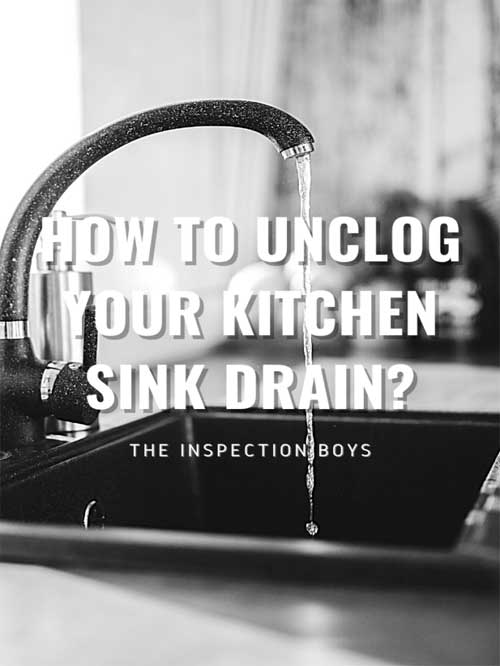




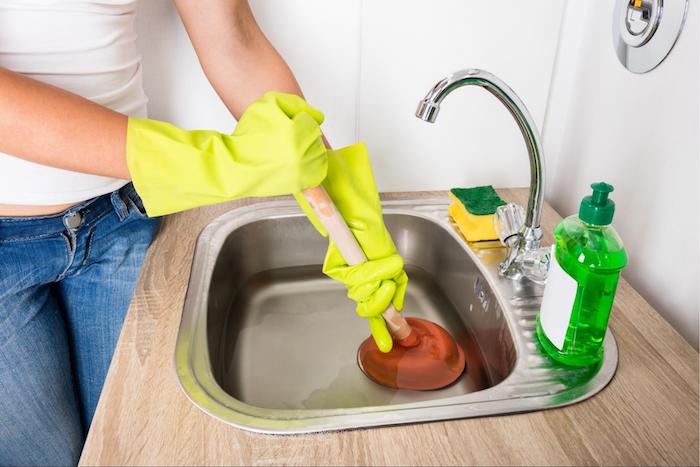
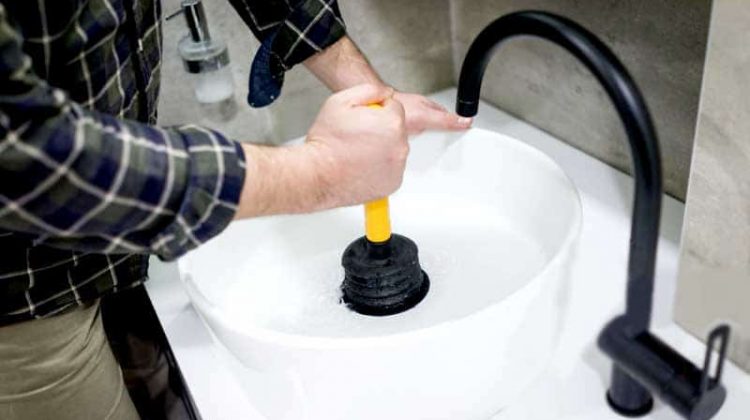
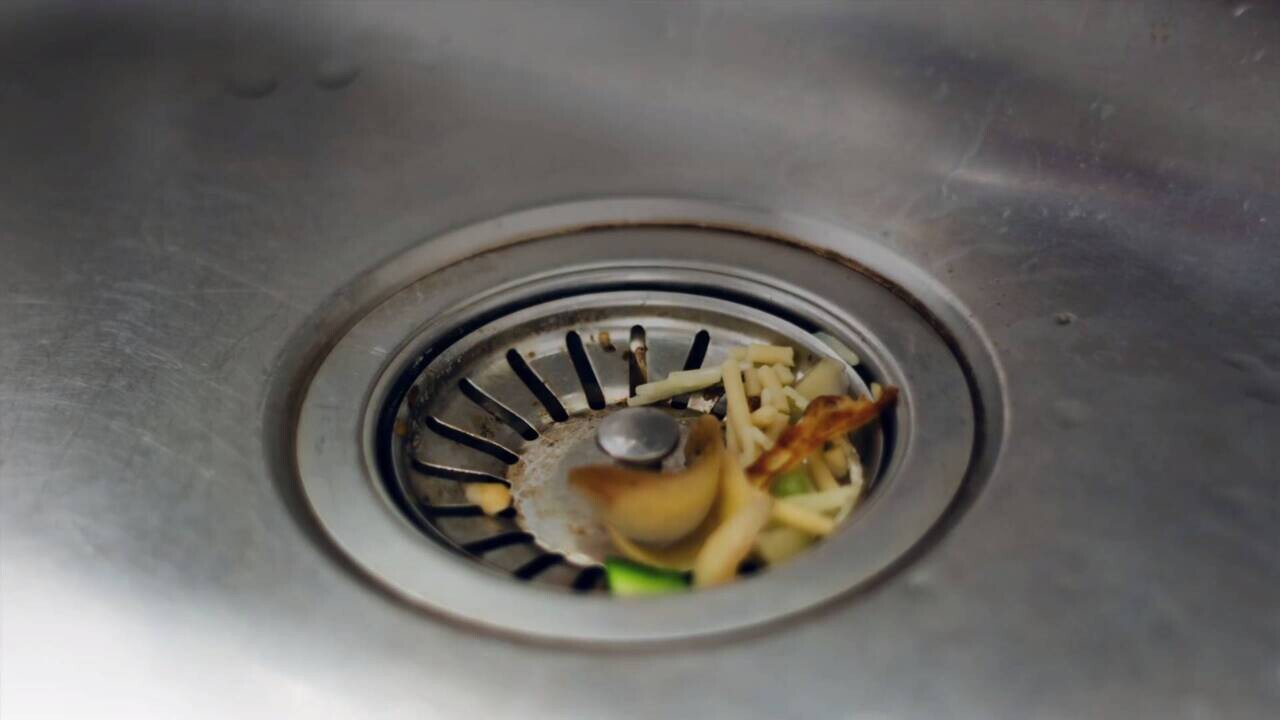
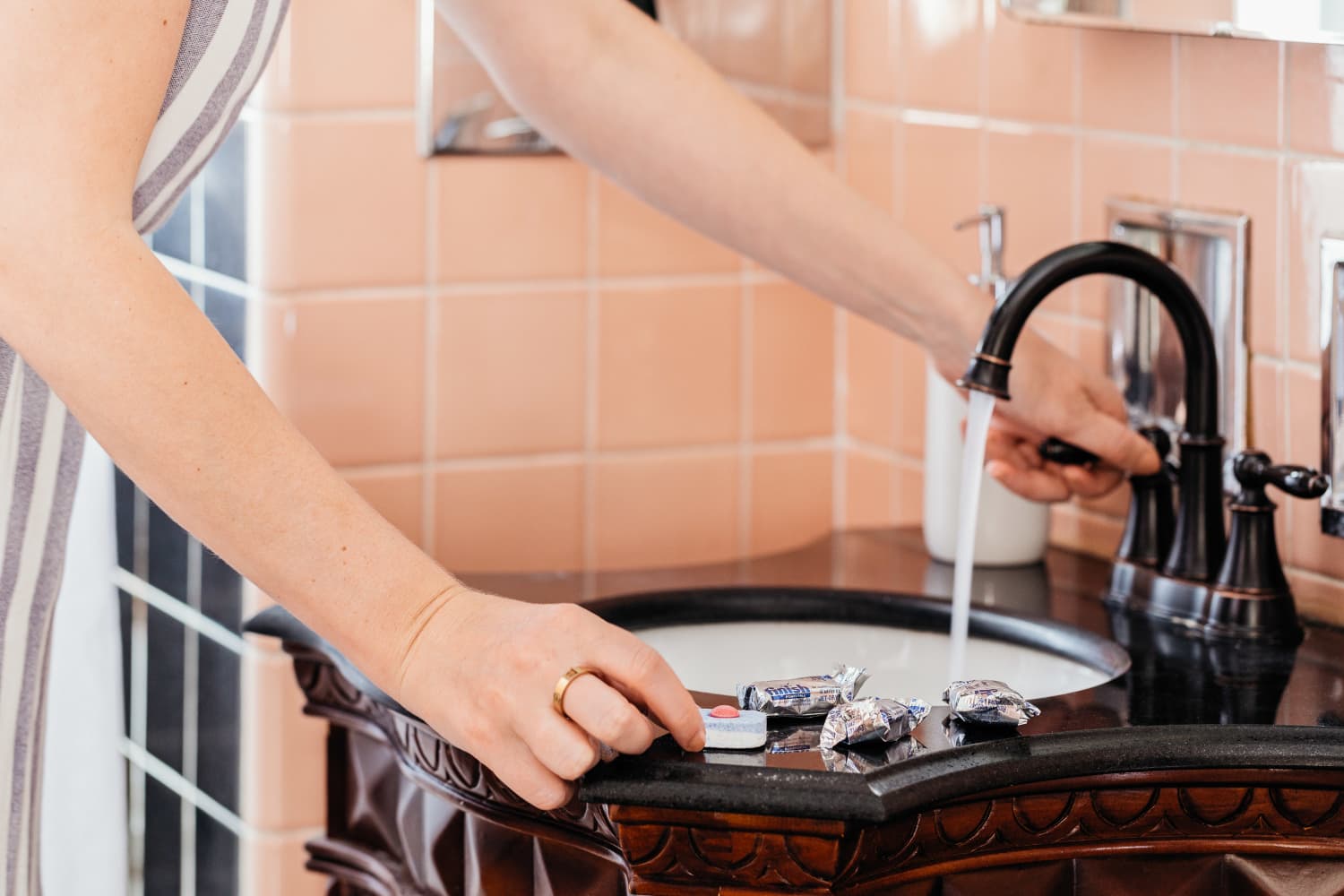








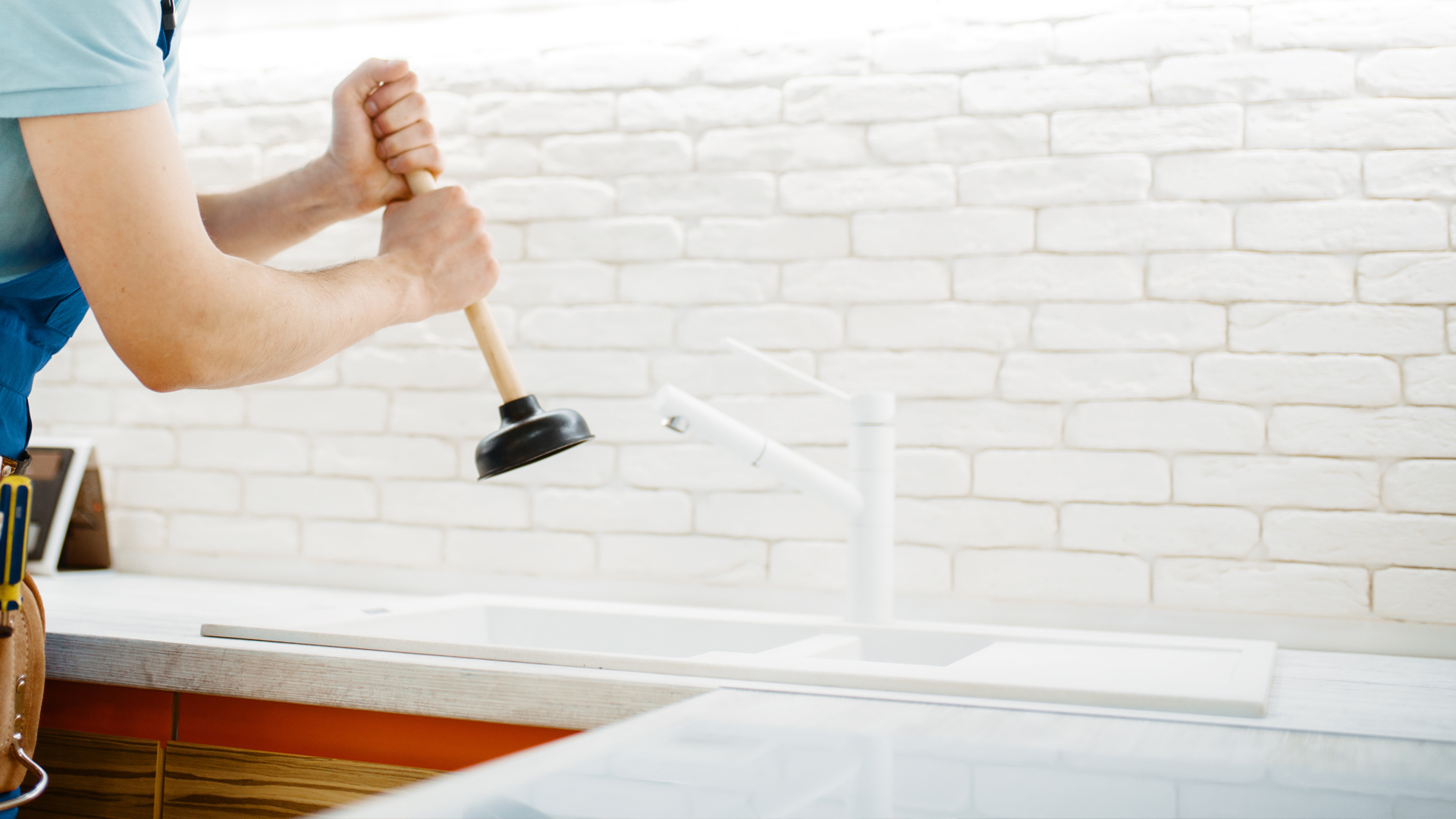
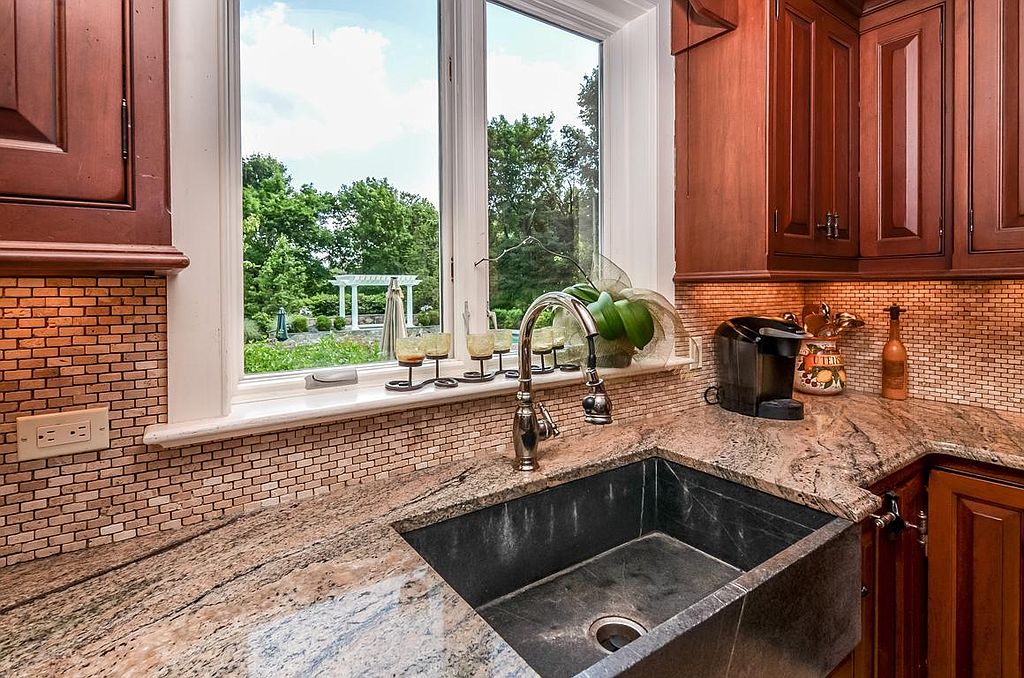













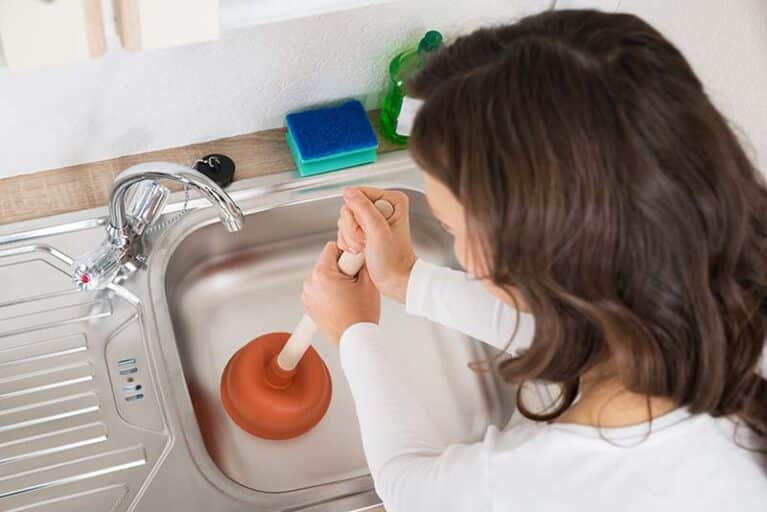
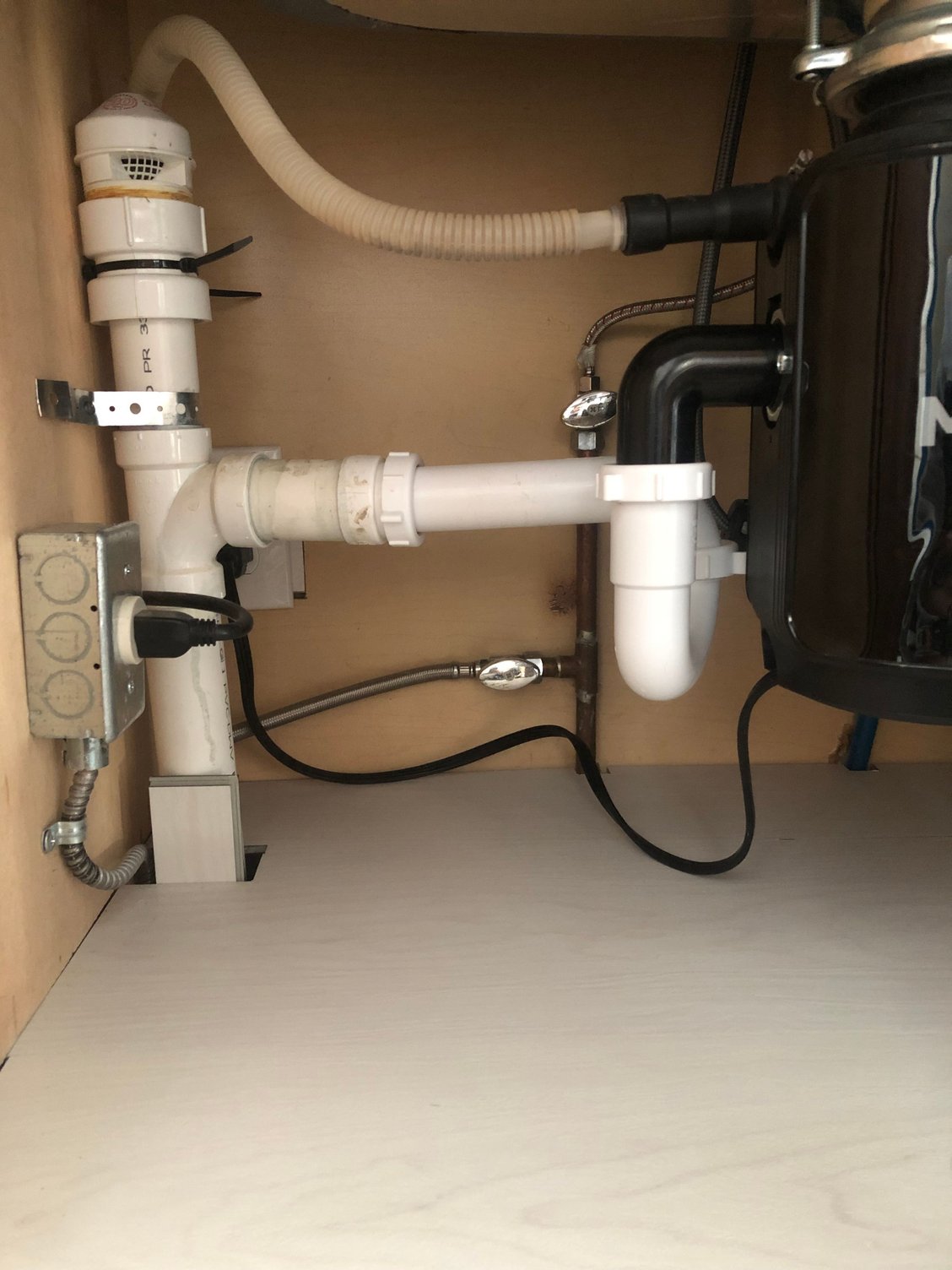
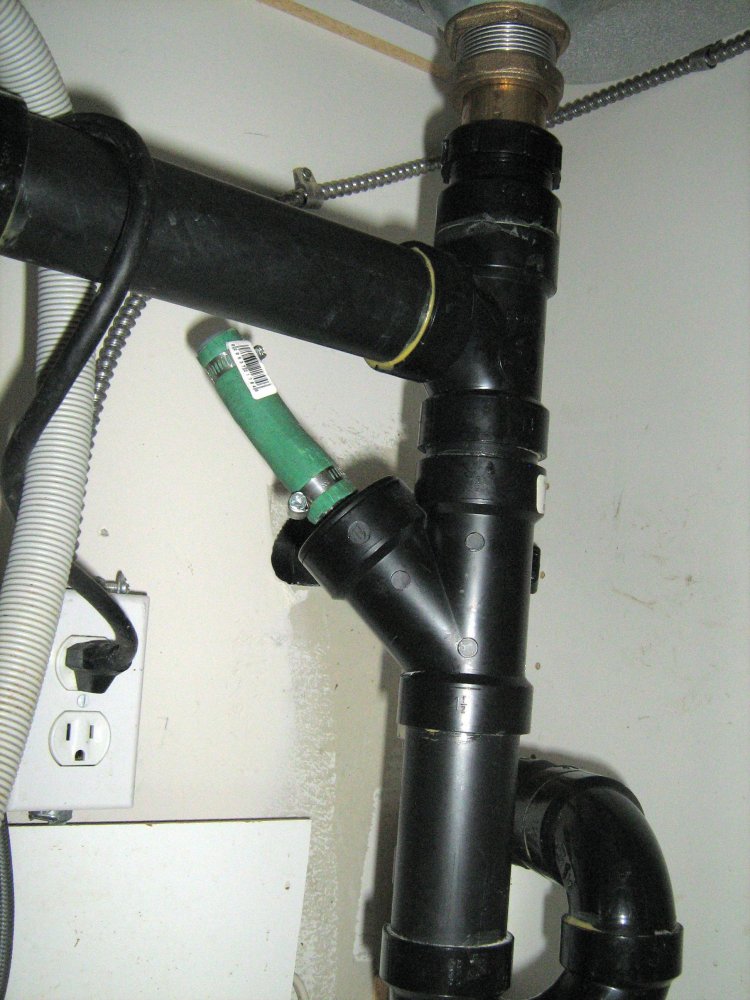
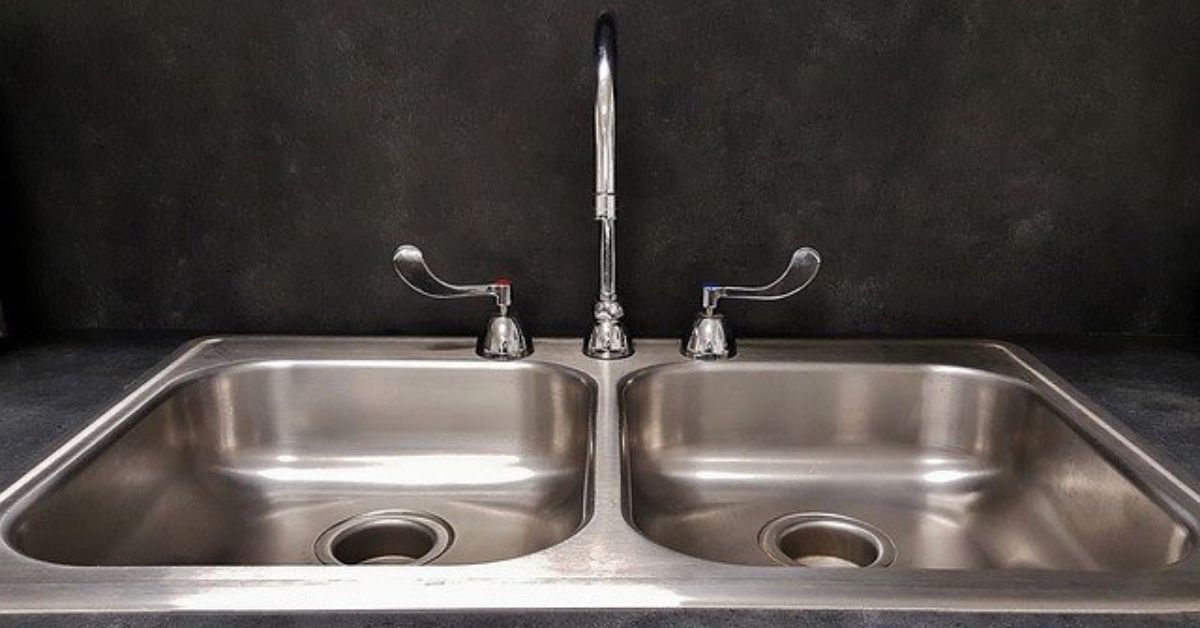
-f71497b7-1920w.png)




